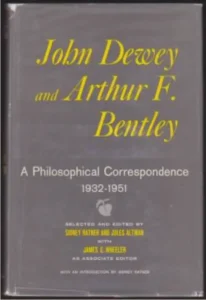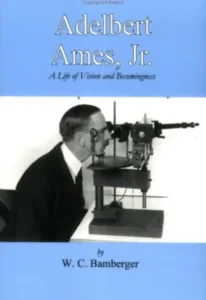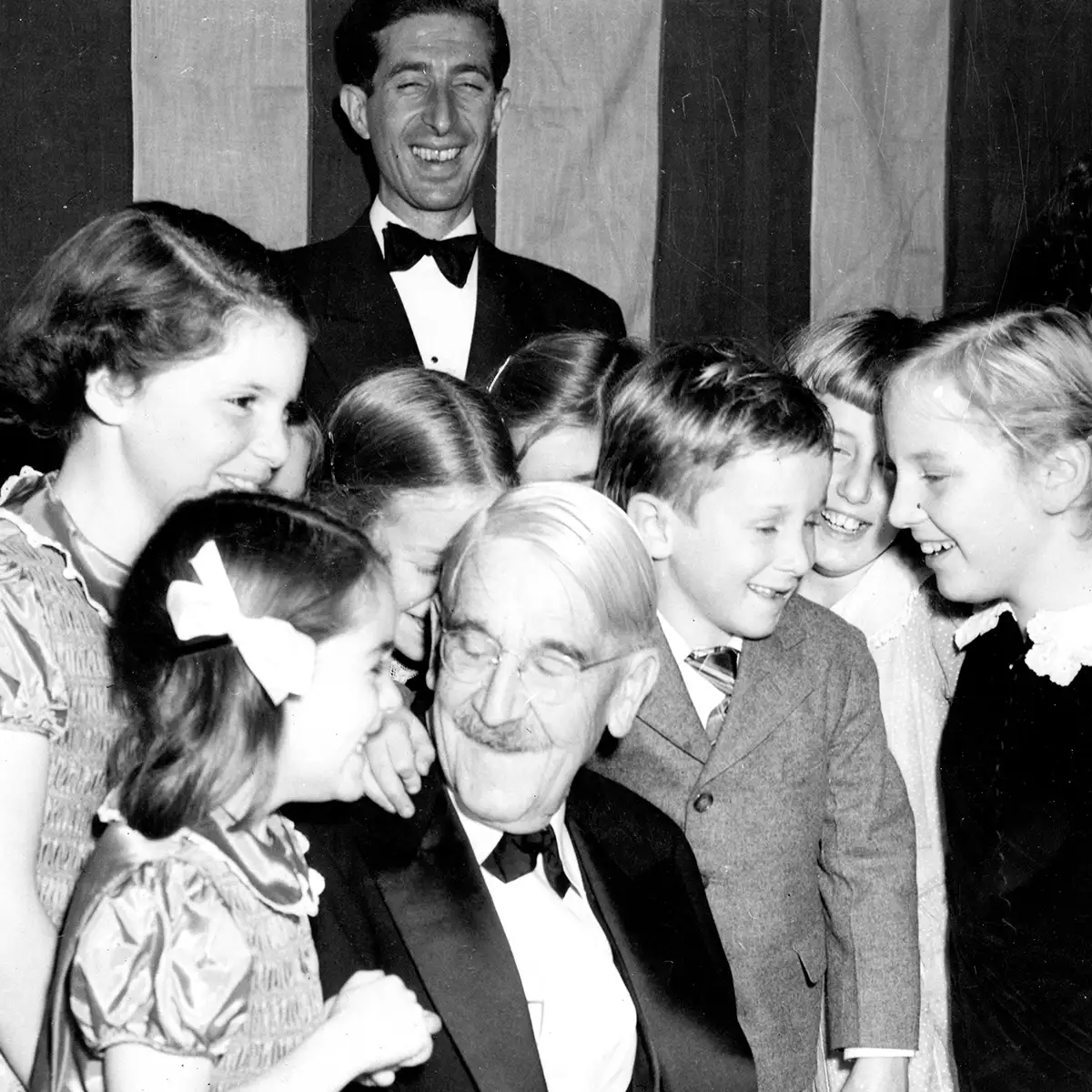John Dewey zum Todestag (20.10.1859 – 1.6.1952)
Der Alte hat John Deweys grundlegendes pädagogisches Werk Democracy and Education – (1966) New York, The Free Press. –
immer wieder durchgeblättert, angelesen, weggelegt, wieder aufgenommen und das bis in den heutigen Tag.
Dewey beschreibt exakt, auf welche Schwierigkeiten Lehren und Lernen als aktive, konstruktive und gemeinschaftliche Prozesse im schulischen Alltag stoßen. Meist fehlt es an Zeit und an den notwendigen Instrumenten und Wekzeugen, die es nun einmal benötigt, um kontinuierlich und strebsam an Projekten zu arbeiten. Methoden des Unterrichts und verwaltungstechnische Maßnahmen müssen angepasst werden. Sinnnvolle Spracharbeit kann eigentlich nur in diesen kooperativen Projekten und ästhetischen Umsetzungen geleistet werden:
«That education is not an affair of „telling“ and being told, but an active and constructive process, is a principle almost as generally violated in practice as conceded in theory. Is not this deplorable situation due to the fact that the doctrine is itself merely told? It is preached; it is lectured; it is written about. But its enactment into practice requires that the school environment be equipped with agencies for doing, with tools and physical materials, to an extent rarely attained. It requires that methods of instruction and administration be modified to allow and secure direct and continuous occupations with things. Not that the use of language as an educational resource should lessen; but that its use should be more vital and fruitful by having its normal connection with shared activities. (…)
And for the school these „things“ mean equipment with the instrumentalities of cooperative or joint activity.» (p. 38)
Besonders beeindruckt haben den Alten die Korrespondenzen John Deweys mit dem Physiker und Psychologen Adalbert Ames Jr. sowie diejenigen mit dem Philosophen Athur F. Bentley, in denen die Grundlagen ihrer transaktionellen Theorie dargelegt und aufgedeckt werden.
Ausgangspunkt ist stets die sinnvolle und bedeutungsvolle Tätigkeit, welche auf der Absicht und auf der Zielsetzung des Einzelnen innerhalb der Gemmeinschaft beruht:
«‘Meaning’ is significance which has been disclosed through prior purposeful action.» (p. 16)
Natürlich müssen Lehrer und Lernende Frustrationen aushalten, wenn si an ihren Projekten und Projektionen sich abarbeiten. Ames und Dewey betonen, dass Frustrationen einzigartige und unverhoffte Lernmöglichkeiten offenbaren und eröffnen können.
«Due to the fact that nature is a becomingness and therefore always changing, “The best laid plans of mice and men” (…) when applied to reality can never work out as expected. (…) The conditions attending frustration are true opportunities opportunities – maybe the only real opportunities that actually exist – for improvement. The sense of frustration instead of being dodged and avoided must be accepted as a challenge.» (p. 223)
AMES, A. J. (1960) IN CANTRIL, H. (Ed.) The Morning Notes of Adelbert Ames Jr.: Correspondence with John Dewey. New Brunswick, Rutgers University Press.
John Dewey und Arthur F. Bentley unterscheiden zwischen ´Interaktion´ – wobei unabhängige Elemente so zueinander in Beziehung treten, dass die Elemente primär dastehen und somit die Beziehung sekundär erfolgt – und ´Transaktion´, wobei die Elemente in einem sozialen Prozess aus ihren Beziehungen emergieren. In der ´Transaktion´ ist folglich die Beziehung primär und die Einzelelemente sekundär.
Also: Wissen entsteht systematisch aus kooperativen und kommunikativen Beziehungen und Prozessen, welche während einer gewissen, längeren Zeit und in einem bestimmten Erfahrungsraum stattfinden. Lehrer und Lernende müssen sich also von fixen Lernzielen verabschieden. Wissen ist nie endgültig, sondern ein Zwischenstand, es gilt weiter zu forschen, weiter zu treiben und Freude an provisorischen Entdeckungen zu finden:
«The transactional is in fact that point of view which systematically proceeds upon the ground that knowing is cooperative and a such is integral with communication. (…) It demands that statements be made as descriptions of events in terms of durations in time and areas in space. It excludes assertions of fixity and attempts to impose them. It installs openness and flexibility in the very process of knowing. It treats knowledge as itself inquiry – as a goal within inquiry, not as a terminus outside or beyond inquiry.» (p. VI)
DEWEY, J. & BENTLEY, A. F. (1949) Knowing and the Known. Boston, Beacon Press
Ein wahrhaft schwieriges Unterfangen, welches die Philosophin Maxine Greene so zusammenfasst:
«Dewey always talked about the fact that it isn’t simply experience, it is reflection on experience that enables individuals to understand that they must continue choosing themselves as they live. Experience itself is just one thing after another, and you try to pattern it by organizing and to make sense of it by reflecting, by turning back on yourself and reflecting on your own stream of experience. You ask yourself ‘How does this world present itself to me? Against my own background, my own biography?’ (…) The point of it all is for individuals to make sense of their own situations. Their social situations, their root situations have to feed back into their own sense making and their own actions.» (p. 2)
(1998) IN AYERS, W. C. & MILLER, J. L. (Eds.) A Light in Dark Times: Maxine Greene and the Unfinished Conversation. New York, Teachers College Press.
Der Alte glaubt, dass er bald einmal wieder in den Werken John Deweys lesen wird.




0 Kommentare